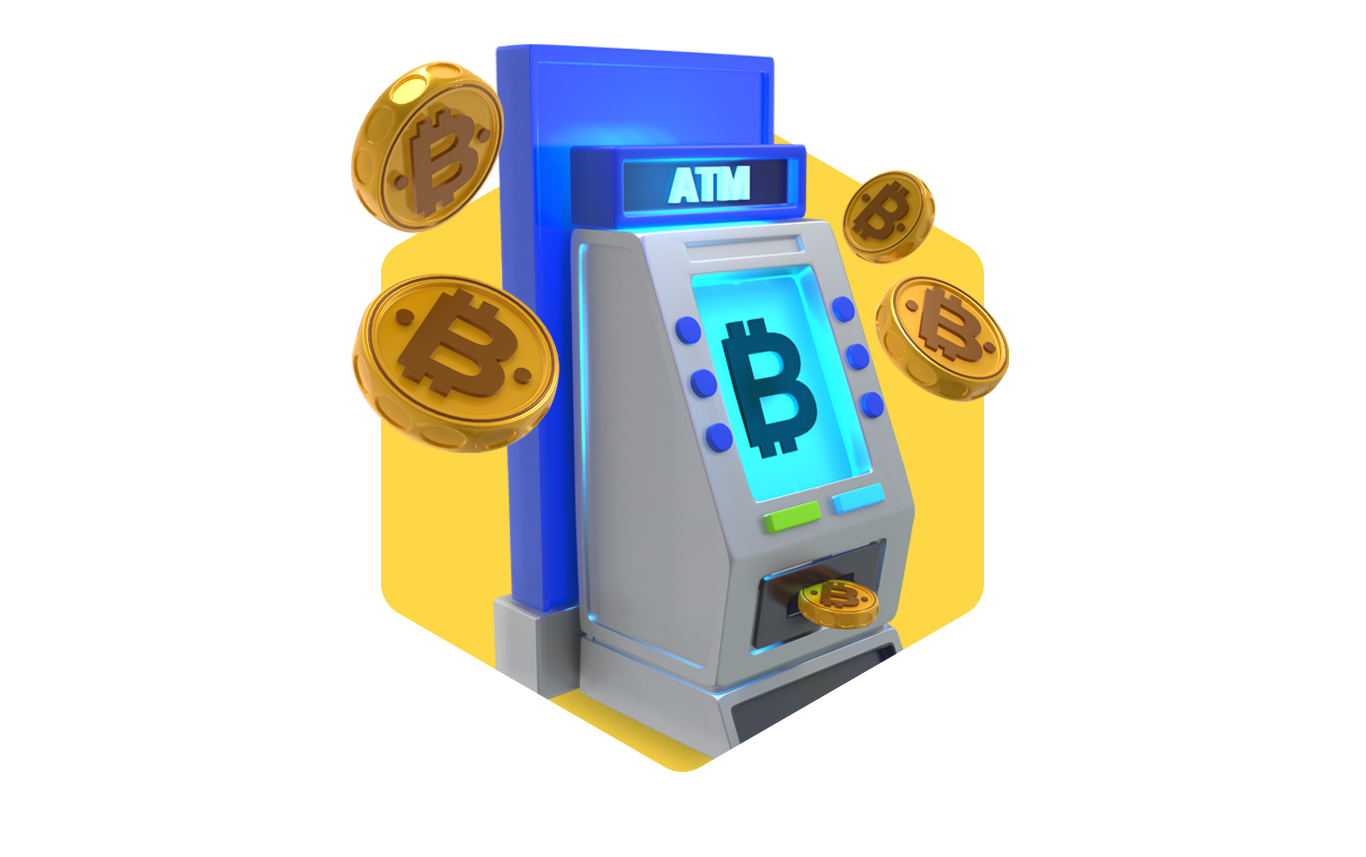
In the bustling digital marketplace, Bitcoin ATMs have emerged as a beacon of convenience, offering users a swift portal to the world of cryptocurrency. Yet, as these machines proliferate, it’s essential to scrutinize their reliability and security. Like a Neil Patel deep-dive into the intricacies of digital marketing strategies, we need to dissect the layers of security and reliability that Bitcoin ATMs offer to their users.
The Emergence of Bitcoin ATMs
Bitcoin ATMs serve as a tangible interface for digital currency transactions, allowing individuals to buy or sell Bitcoin with ease. They bridge the gap between the digital and physical realms, but with this convenience comes the need for stringent security measures to protect users’ assets and ensure transaction reliability.
Physical Security Measures
The physical integrity of Bitcoin ATMs is their first fortress of defense. These machines are often anchored in secure locations, with built-in cameras and alarm systems to deter and document any attempts at physical tampering or theft. The choice of location for these ATMs—often in well-lit, populated areas—also plays a crucial role in ensuring users’ safety.
Digital Encryption: The Cybersecurity Backbone
When it comes to digital security, Bitcoin ATMs employ state-of-the-art encryption to safeguard transaction data. This ensures that the sensitive details of each transaction are securely processed, mirroring the security protocols you would expect in online banking and financial transactions.
User Verification: A Pillar of Reliability
To enhance the reliability of transactions, Bitcoin ATMs incorporate robust user verification processes. This could involve anything from SMS verifications for smaller transactions to biometric scans and ID checks for larger sums, aligning with global anti-money laundering (AML) and know your customer (KYC) standards.
Network Security: Ensuring a Safe Connection
The security of the network connection that Bitcoin ATMs use is paramount. These machines typically employ encrypted connections to interact with the Bitcoin network, ensuring that your transaction reaches its destination without interference or exposure to potential cyber threats.
The Role of Operators: Maintaining Machine Integrity
The operators of Bitcoin ATMs play a critical role in maintaining the machines’ reliability. This involves regular maintenance, software updates, and real-time monitoring for any signs of security breaches. Choosing ATMs managed by reputable operators can significantly enhance transaction reliability.
Regulatory Compliance: A Benchmark of Reliability
Compliance with financial regulations adds another layer of reliability to Bitcoin ATMs. Operators are required to adhere to stringent regulatory standards, ensuring that the ATMs operate within the legal framework, further securing the transaction process against potential misuse.
Blockchain Technology: The Underlying Security Feature
The inherent security features of blockchain, the foundational technology of Bitcoin, contribute significantly to the reliability of Bitcoin ATMs. The decentralized nature of blockchain and its immutable transaction ledger provide a transparent and secure framework for each transaction.
Educating Users: Empowerment Through Knowledge
Just as Neil Patel emphasizes the power of knowledge in navigating digital markets, educating users on secure transaction practices is crucial. Understanding how to use Bitcoin ATMs safely, protecting personal information, and being aware of common security threats can dramatically enhance the reliability of transactions.
Balancing Convenience with Security
While Bitcoin ATMs offer unmatched convenience for users looking to engage with cryptocurrency, this convenience must be balanced with comprehensive security measures. Users should be mindful of the security protocols in place and exercise due diligence during each transaction.
The Future of Bitcoin ATM Security
As technology evolves, so do the security measures of Bitcoin ATMs. Future enhancements may include more advanced user verification methods, even more robust encryption technologies, and integration of artificial intelligence to detect and prevent fraudulent activities, ensuring the continued reliability of these machines.
Conclusion: A Trusted Gateway to Cryptocurrency
In conclusion, Bitcoin ATMs stand as a testament to the fusion of convenience and security in the realm of cryptocurrency transactions. The multilayered security measures, combined with regulatory compliance and the inherent security of blockchain technology, make Bitcoin ATMs a reliable option for users. However, the reliability of these transactions also hinges on user awareness and the diligence of operators.
Navigating the world of cryptocurrency requires not just an understanding of the market but also an awareness of the security mechanisms that underpin your transactions. Bitcoin ATMs, with their blend of user-friendly interfaces and rigorous security protocols, offer a reliable and secure option for users to engage with the world of digital currencies confidently. As we march into the future, the security of Bitcoin ATMs will undoubtedly continue to evolve, ensuring they remain a safe and sound choice for cryptocurrency transactions.



